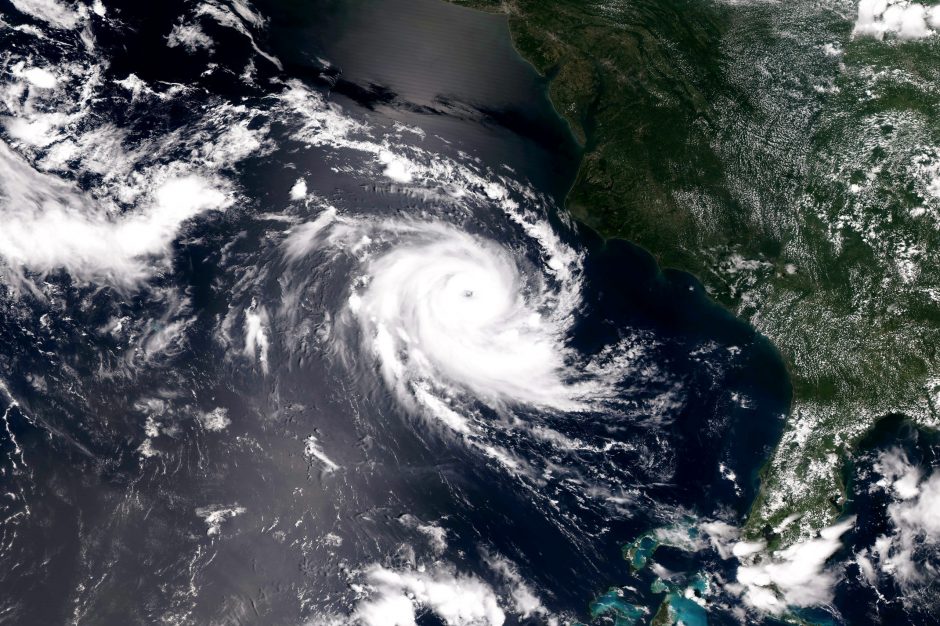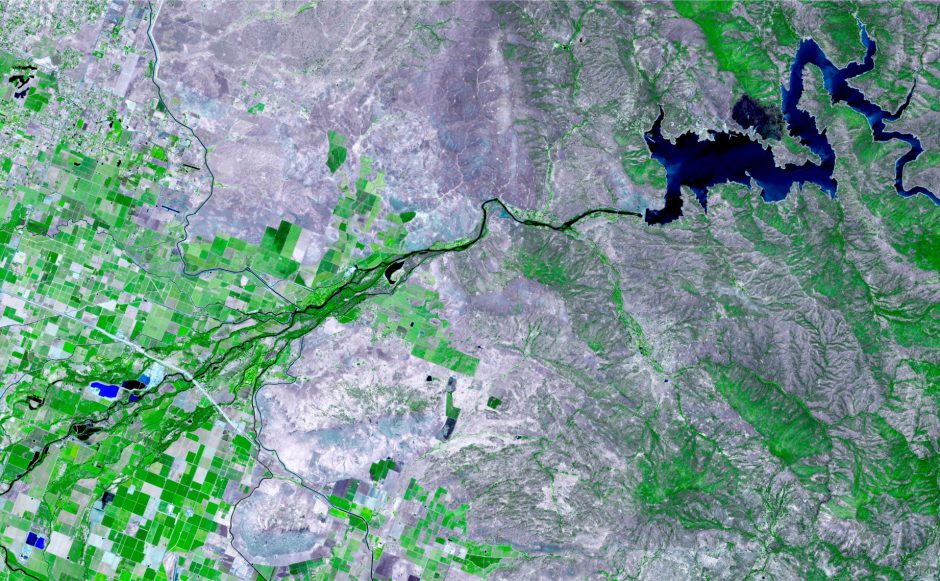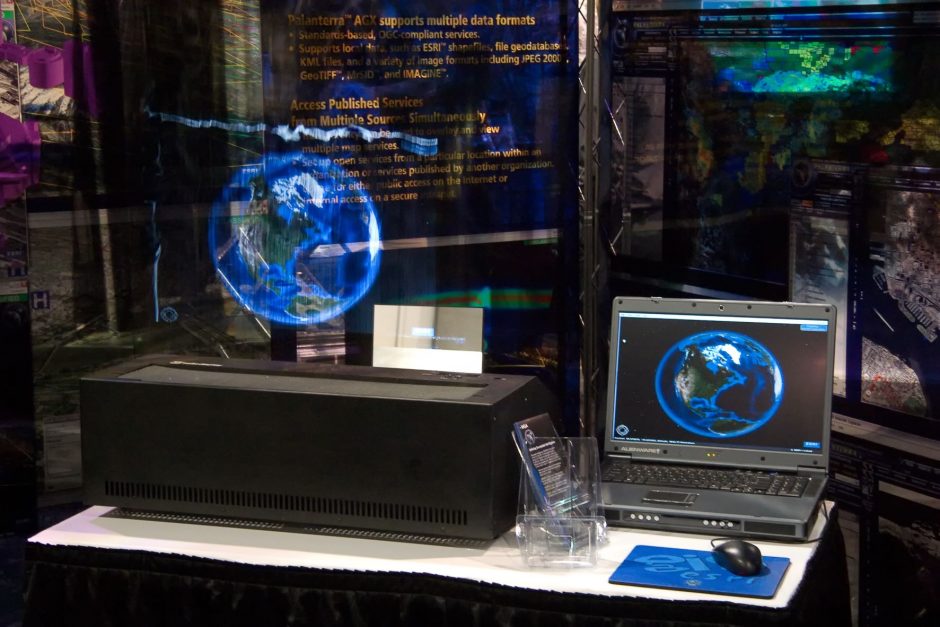How can we leverage space innovation to take climate action on Earth?
Opinion
04 Oct 2021
Over the last few decades, we have seen space greatly contribute to technological and scientific progress. From the first footstep on the moon in 1969, to the most recent missions on the International Space Station, which has an Instagram account followed by no less than 7.8 million people, space has inspired generations of children and adults.
World Space week (4-10 October 2021) is a yearly “celebration of science and technology, and their contribution to the betterment of the human condition” and is another example of the excitement and interest that space sparks. During this celebration week we are seeing thousands of events and activities being organised to inspire citizens about science, technology, engineering, and other space-related fields. Last year alone, over 6000 events took place across more than 90 countries around the world.
Though it is evident that space is an exciting topic, one might wonder: “how is space related to EIT Climate-KIC’s mission to support systemic change and climate action?”
The answer is simple though not always known to the general public. While the word “space” covers activities related to space exploration, that is looking beyond the Earth to understand other planets and systems, a large part of space operations is dedicated to the study, monitoring, and understanding of our own planet for the benefit of its citizens. Indeed, a considerable number of satellites, as well as ground-based, airborne, and seaborne sensors, provide real-time measurements and information to service providers, public authorities, and organisations to improve citizens’ quality of life. One of the main applications of this information is climate change.

Giant cyclone on the planet Earth, extreme weather events will become more frequent with climate change.
The latest IPCC report, released in August 2021, highlighted that global climate change trends are worsening and that rapid and bold action is more important than ever. In 2019, the concentrations of carbon dioxide in the atmosphere were higher than they have been in the past 2 million years, and the global surface temperatures have increased faster in the last 50 years than they ever have during the last 2000 years.
These changes result in increased frequency of extreme events such as heatwaves, flooding, and fires3 all over the world, and we have seen concrete examples of these events closer to home with the numerous floods and forest fires that happened in Europe over the summer of 2021. Now more than ever, it is crucial to monitor these events and forecast their impacts to protect local populations. Additionally, it is urgent to find ways to tackle climate change efficiently and rapidly and provide tools and information that citizens, organisations and public authorities can use to solve climate challenges. This is where space – and more specifically Earth Observation and geographic information – comes into play.
Earth observation is “the gathering of information about the Earth’s physical, chemical and biological systems via remote sensing technologies,” and geographic information is data and knowledge generated about specific places and locations on Earth. Earth observation and geographic information have the potential to provide tools, indicators and measurements to understand, forecast, mitigate, and tackle local and global climate change challenges.
In Europe, the Copernicus Programme managed by the European Commission is the main observation programme looking at our planet and its environment. Copernicus provides indicators and services related to atmospheric quality, land and marine monitoring, climate change, emergency service (including natural disasters), and a last service covering security. The data gathered by the programme’s satellites and sensors can be used across many end-user sectors such as urban planning, agriculture, forestry, or marine to name a few.

Satellite images in false-color compositions showing crops between the ash and wood boundaries California USA. Geographic information systems allow users to analyse satellite and remote sensing data to monitor or arbitrate between different land uses such as forestry or agriculture.
Though this data has tremendous potential to support our efforts towards a zero-carbon economy and sustainable use of the Earth’s resources, end-users are sometimes missing specific skills to analyse the data, or the knowledge needed to interpret the information. To bridge this gap, EIT Climate-KIC’s Space and Earth Observation Programme was created in 2017 to promote user uptake of the Copernicus data via education and capability building. Since then, we have been working at various levels of education and training value chains to promote the use of Earth observation and geographic information in Europe. This allows citizens, businesses, organisations and local and national authorities to use and understand satellite data to tackle various challenges related to climate change.
We believe that shaping the future and creating systemic change starts with inspiring children. The Space and Earth observation Programme is therefore participating in the Our Space Our Future project to encourage children to pursue space-related careers. This Horizon 2020 funded project creates engaging learning activities for students, their schools, and families, from playful online videos to in-person breathtaking science shows. The resources developed also teach children that space careers are not only linked to space exploration but that they can also dream of becoming climatologists or earth observation scientists, for instance, and use space data to fight climate change.

ESRI international user conference held annually is the biggest GIS conference worldwide. June 18, 2007 in San Diego California. The Earth observation and geographic information sector offers a wide range of possibilities to tackle climate change but requires certain skills and knowledge.
Further along the education value chain, the Space and Earth observation programme of EIT Climate-KIC is working on upskilling and reskilling students, young graduates, and professionals. We partnered with specialists from the Earth observation and geographic information field, renowned universities, successful businesses and far-reaching associations and networks to bridge the gap between the supply and demand of Earth Observation and geoinformation skills in the EO4GEO project. The project has developed a Body of Knowledge for Earth observation and geographic information, gathering all the main concepts and definitions of the field. We have also developed a comprehensive training approach and state-of-the-art training materials to train European graduates and professionals to use Earth Observation and geographic information in application domains such as climate change mitigation.
Lastly, we are collaborating with research institutions across Europe on the Horizon 2020 project CERTO to produce indicators to monitor water quality from lakes trough deltas, coastal waters and to the open ocean. This is crucial, as water quality is a worldwide issue impacting food production, biodiversity, recreation and human wellbeing. In this respect, the project will contribute to build capability for businesses, cities, NGOs to assess water quality and the environmental impact of their activities.
We hope to continue our work in inspiring citizens, supporting strong and passionate professionals of the future and promoting the use of space and remote sensing data to tackle climate change. If you are interested in our projects or would like to collaborate with us in the future, please contact space@climate-kic.org.
Juliette Hunault-Fontbonne is a forestry graduate, passionate about how technologies can support the sustainable use of natural resources. At EIT Climate-KIC she is delivering projects in the fields of satellite and remote sensing data and capability building.




